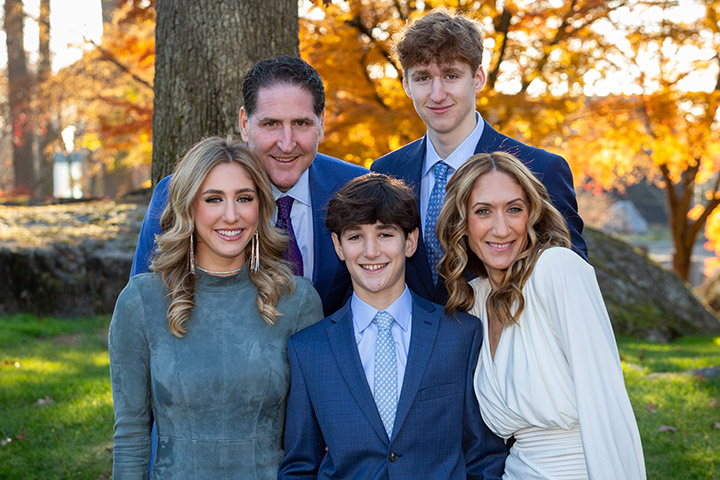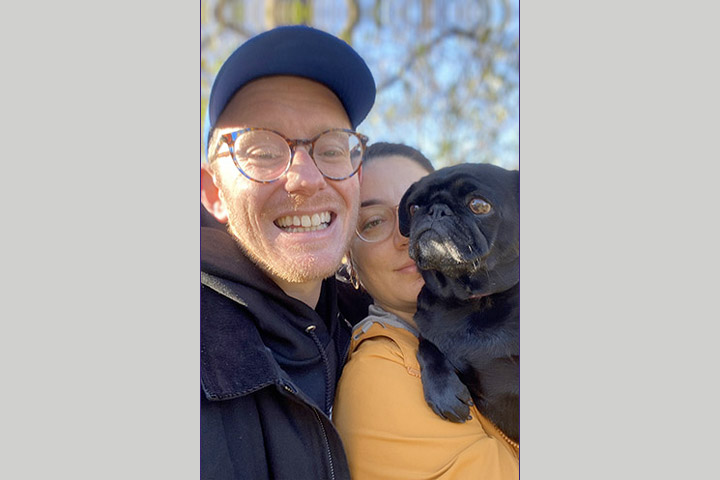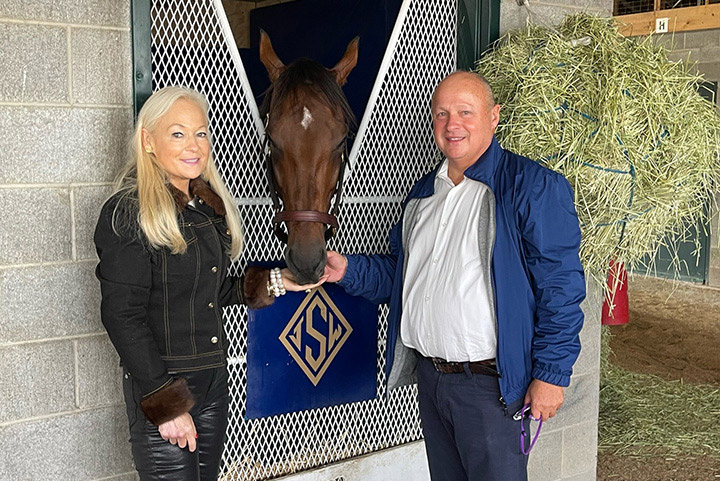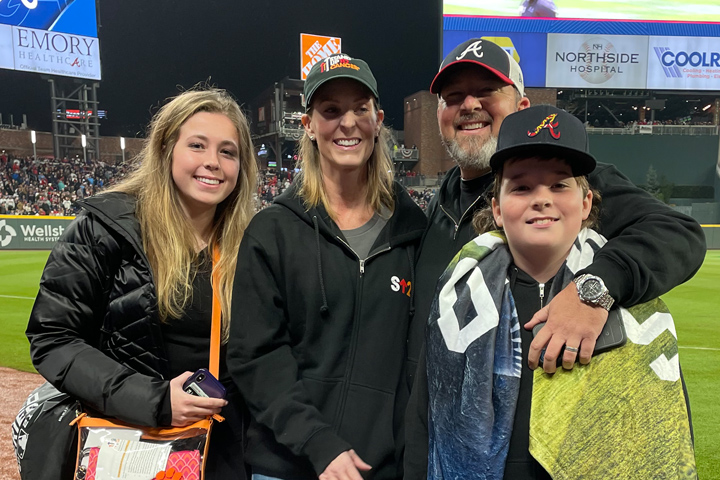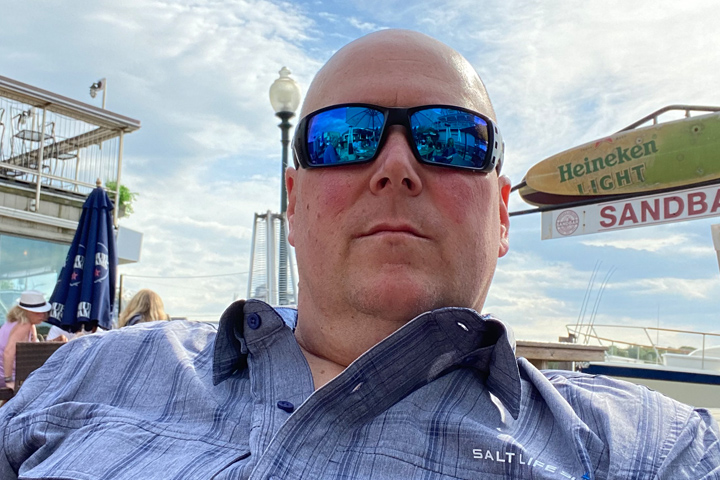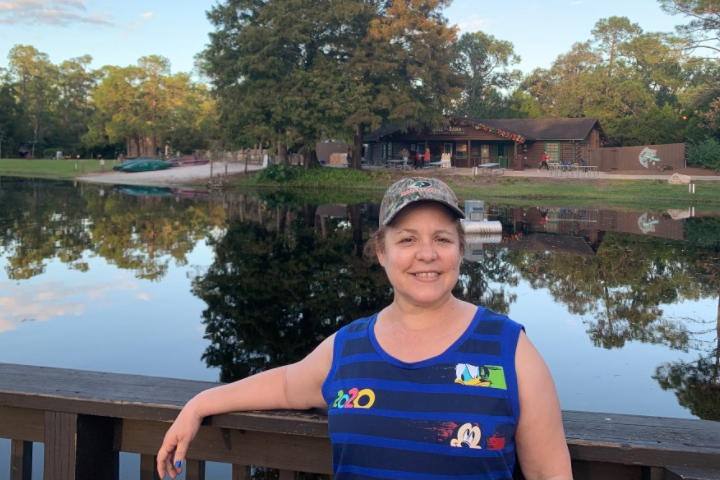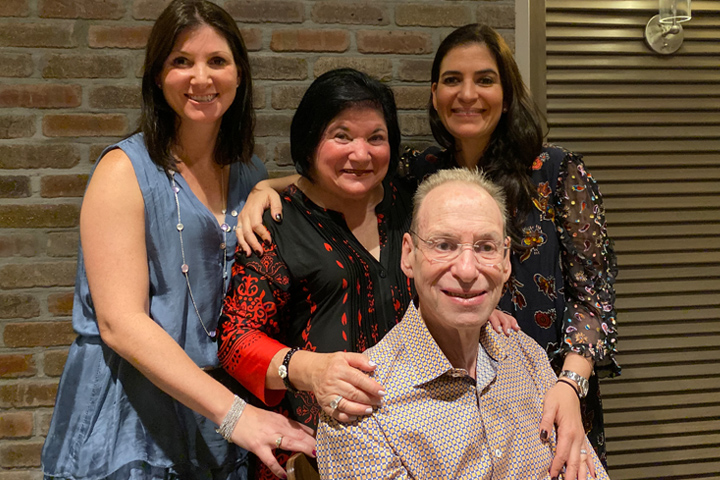Blog
29 Articles

Research
June 22, 2023 • 2 Min
Targeted Therapy for Cancers Carrying the PALB2 Mutation
Researchers are testing a type of targeted therapy called a PARP inhibitor for cancers carrying the PALB2 mutation.

Research
January 12, 2022 • 5 Min
New Study Aims to Reduce Recurrence Risk for Select Patients
Dr. Kim A. Reiss is leading a study of the PARP inhibitor olaparib to delay or prevent a recurrence of surgically removed pancreatic cancer.
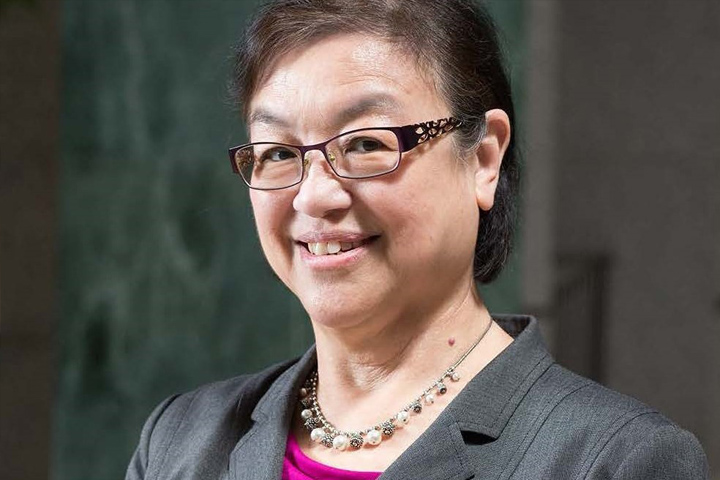
Research
February 4, 2019 • 5 Min
Genetic Testing for All Pancreatic Cancer Patients
A study by Dr. Gloria Petersen’s research team has led to an official recommendation that all pancreatic cancer patients get genetic testing.
